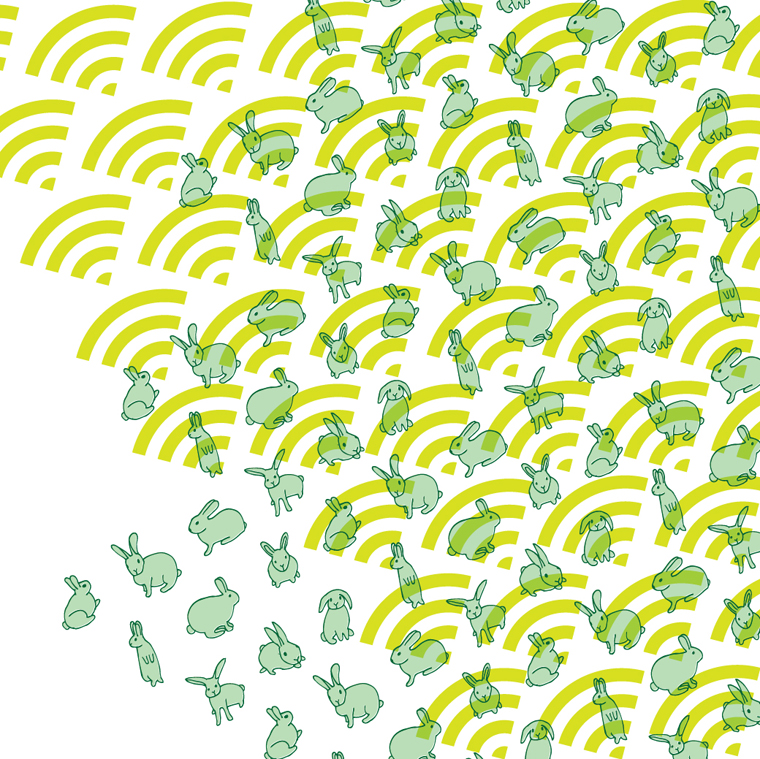
It’s actually pretty rare for a track to be credited to the whole band, but if there was every a more appropriate time for them to bundle together, it feels like it’s on a weirdly processed slamming rocker about unity.
The album version of this renowned track features a lot more weirdness at beginning, middle and end. The opening synth pulls out of monstrous demonic voices telling us that God moves in mysterious ways, before becoming even more unintelligible and doom laden. The intro is extended, and these synths and tape delay monsters will return for Roger’s drum solo and the close of the song.
But when the song proper begins, it’s with a slam of guitars so hard and immaculate, that it has to be May at his heaviest.
The lyrics are as trite as anything. Apparently cribbed bits of Martin Luther King and extrapolations from his work that could be lifted from an inspirational poster with a picture of a mountain on. At times, it even sounds pretty fascist, which is about as far from the alleged source material as you’d imagine. But I guess that’s the problem with unity. You either sound wafty, or like you’re celebrating authoritarianism.
One flesh one bone,
One true religion
One race one hope
One real decision
Wowowowowo oh yeah oh yeah oh yeah
It doesn’t matter. It’s the sort of song that’s all about the delivery. Those guitars grab and don’t let go. The drums pulse steadily. The bass hums indeterminately. And Freddie shouts. You aren’t supposed to think too hard, you’re just supposed to fall for it.
Maybe it is about authoritarianism, actually.
This version has a large breakdown, more drum solo than guitar, as Brian fades into simplicity, drowning in synths and special effects.
In general, it’s the sort of song I could take or leave. Were it not for one thing.
Jump back to the beginning again, wait for the blur of noise and fuss to build, wait for the synths to swirl, wait for the drums to develop, the momentum to rise.
It pulses into one single fake string synth…and….
Rips open. A totally clear and totally clean guitar hook, bigger and louder and more precise than any you could imagine. For the moments that that guitar stands alone, it is a hulking and beautiful rock monolith.
As always, it’s actually multiple guitars, and that slide back is an artefact of that. It just sounds so perfect, such a clean statement of purpose, before any word is uttered. That hook alone, turns this song into something unforgettable, unputdownable.
I feel like the rest of the song radiates out from that one perfect riff, one perfect rip through time, space and everything. It’s torn apart when it should reappear late, not actually allowed to fruit ever again. That first time you hear it is the only time it’s performed fully throughout the whole song. Everything else stands in the shadow of that, and that’s as it should be.
That’s the one vision. Everything else is just an impersonation.
Who else could be that bold? That confident?
Why, it’s Queen, of course. Even after all.
—
Queen: An Exploded Diagram is me having big and little thoughts about every Queen song in chronological order. If you want to support me, making it more financially viable and easier to explain to people at parties, please back my patreon.
Illustration by Emma.

 Oh no, my Roger Taylor’s on fire.
Oh no, my Roger Taylor’s on fire. I do really want to chat with John Deacon. I’d love a cup of tea with him.
I do really want to chat with John Deacon. I’d love a cup of tea with him.




